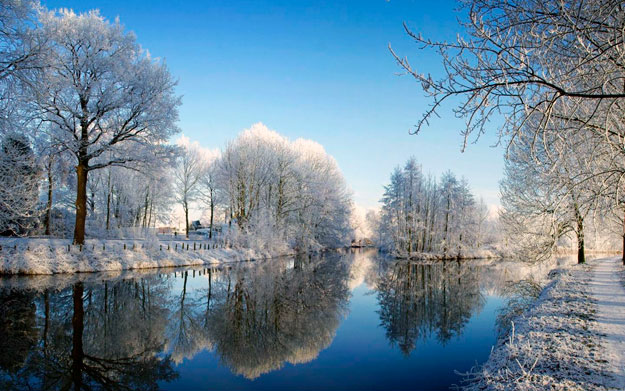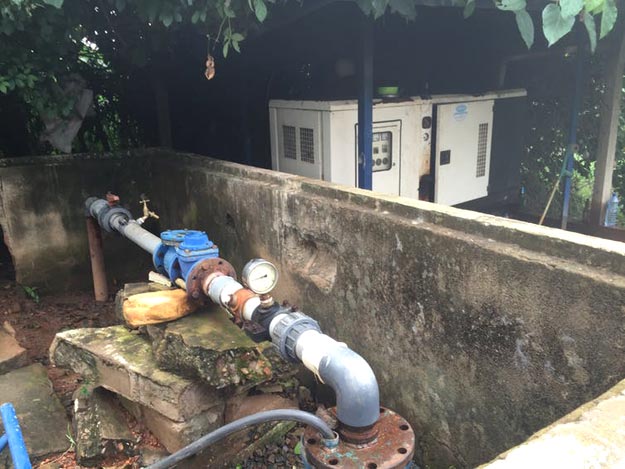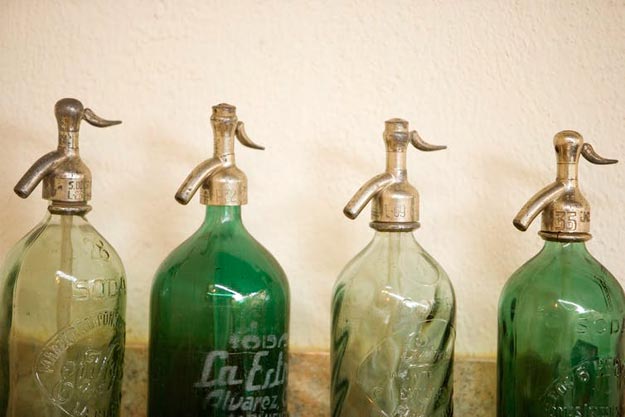God has given Water to the World as the Holy sacrament gift and ordered not to tolerate spoiling water, for He has not done it.
In our lifetime – our days filled with perpetual race for all kinds of benefits, wealth, the lifetime of the oil idol and the golden calf, – only belief in Water and devotion to Water, its miracle cure for securing health, for soil fertility, for saving the beautiful all can put the will of God into action!
The site posts popular articles, essays and other useful information about water as a unique natural resource. We look forward to receiving your feedback regarding the site CLEAN WATER SPACE.









